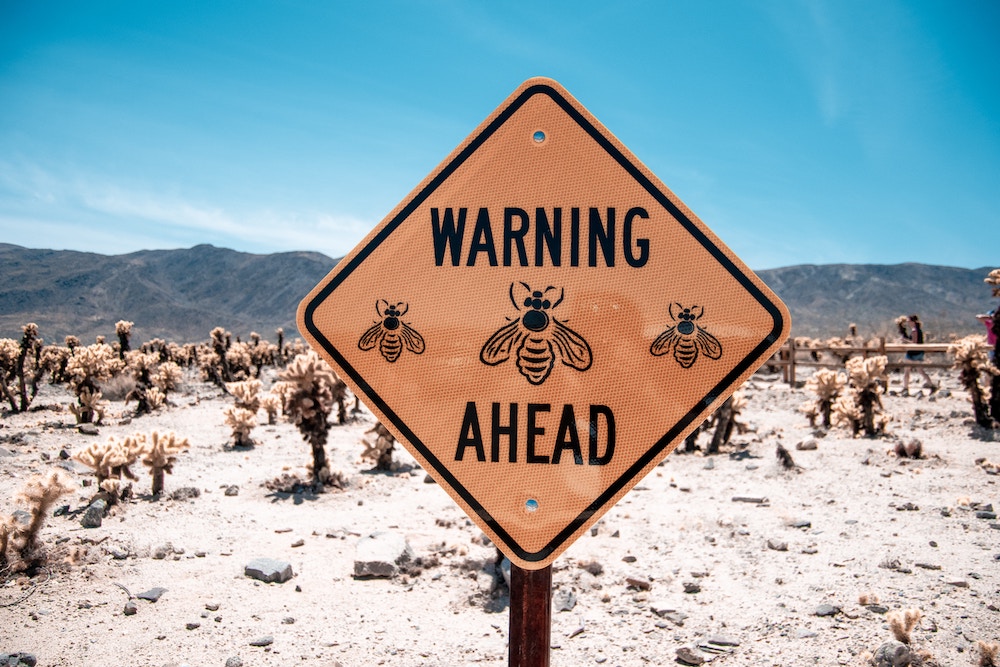How to treat hayfever with random stuff in your kitchen

With pollen levels at ‘red alert’ high, according to the Met Office, it’s fair to attribute your cold symptoms to hayfever, rather than some new-found ailment picked up on the tube.
Yep, it’s ‘hayfever season’, when airborne pollen causes the unfortunate few to produce antibodies which create histamine that causes a whole load of annoying symptoms, including sneezing, coughing, a blocked up nose, itchy eyes, headache, earache and tiredness.
But with traditional treatments involving pricey meds that make you drowsy, it’s unsurprising that searches for ‘natural hayfever remedies’ are on the up.
As well as avoiding going to Columbia Road, here’s our round-up of the best DIY ways to combat the condition:
1. Honey
The cause can also be the cure, in the case of bees. As honey contains pollen, it can help your body to develop a natural defence, particularly if you find a natural batch, desensitising the body to the effects of hayfever.
Dosage: Three tablespoons daily, before the hayfever kicks in.
2. Garlic
As well as warding off vampires, garlic has the benefit of alleviating hayfever symptoms as it contains a natural antihistamine called quercetin, plus it’s a decongestant.
Dosage: Two raw cloves can reduce excess catarhh (a.k.a the mucus build up in the nose or throat).
3. Vitamin C
It’s a natural antihistamine and anti-inflammatory, so loading up on fruits and veg high in vit C — like kiwis (especially yellow ones), oranges, strawberries, red pepper, broccoli and mango — is a healthy way to keep hayfever symptoms at bay.
Dosage: Aim to get your RDA of 10 pieces of fruit a day, including some of the above.
4. Turmeric
The hype around curcumin, the super ingredient in turmeric, has been high for the last few years and one of its many benefits are anti-allergy properties which inhibit the release of histamine.
Dosage: 500 to 1,000 milligrams of curcuminoids per day — which works out at between two and a half and five teaspoons of fresh or ground turmeric.
5. Nettle tea
Herbal teas have a whole range of health benefits — from peppermint to calm the stomach and chamomile to help you sleep. Nettle tea works as a decongestant, and it contains antioxidants and antihistamines, which can reduce the allergy effects, plus it can relieve inflammation of the respiratory tract.
Dosage: Between one and four cups a day.
6. Avoid dairy
Like colds, hayfever can be hindered by dairy as it increases the production of mucus in the respiratory tract, causing blocked noses.
Dosage: Make the switch to soy, almond or oat milk, and trial other dairy-free alternatives.
7. Spice
The thing that gives hot foods like wasabi, mustard and horseradish such a kick is a natural chemical called capsaicin, which opens nasal passages and reduces congestion.
Dosage: Just add a little to your lunch and dinner.
8. Beta-carotene
Upping your levels of beta-carotene — via foods like carrot, sweet potato, apricot, spinach and kale — can help to keep your mucous membranes healthy.
Dosage: Include a few of the above veg in your RDA.








